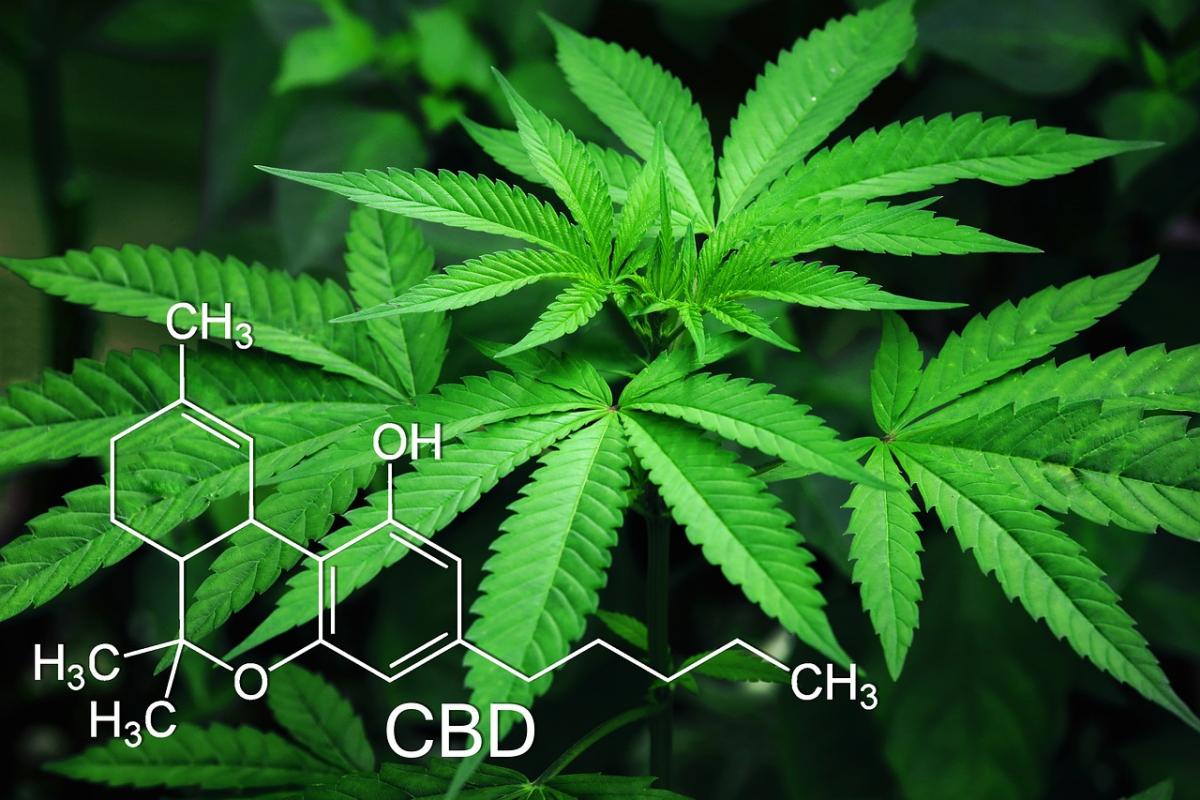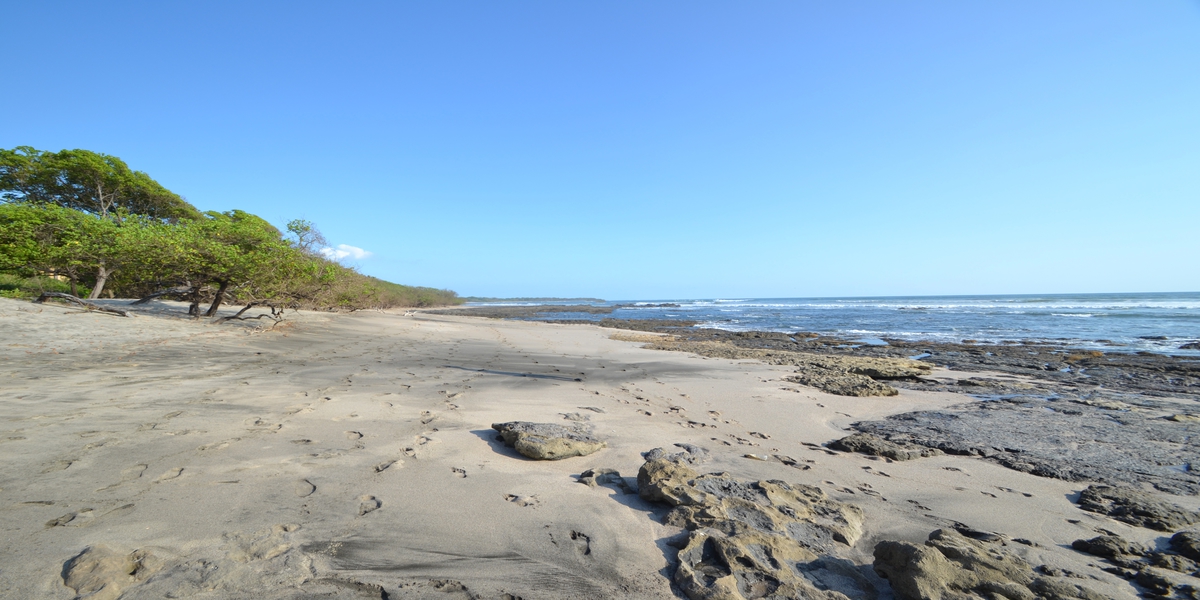In 2013, Uruguay became the first country in the world to legalize marijuana for recreational use. Canada followed suit in 2018, and Mexico joined the party in March 2021. The United States allows each of its 50 states to decide, and 19 have legalized cannabis though some restrict its use to medical purposes. Where does Costa Rica stand on the issue? Is marijuana legal in Costa Rica either for therapeutic or recreational use?
Costa Rica Legalizes Therapeutic Cannabis
After three years of debate, Costa Rica’s National Assembly approved a bill that legalizes medical marijuana and hemp. The official website of Costa Rica’s president explains how the initiative became a reality. The law to regulate the production and commercialization of medical cannabis was passed on January 14, 2022. The new law was initially vetoed by then President Carlos Alvarado who objected to its provision for personal cultivation and consumption. A second version without those allowances was approved on March 1, 2022 and Alvarado signed it into law the next day. According to local media outlet Tico Times, the President called it a “great benefit for the country.”
Terms of the New Cannabis Regulations
- The law covers the cultivation, harvesting, processing, storage, and transport of medical marijuana and hemp
- The hemp market will be regulated by the Minister of Agriculture.
- The Minister of Health will regulate the medical cannabis market.
- Costa Ricans who want medical cannabis access will need a permit.
- Those who cultivate medical marijuana will need to register with the appropriate national health institutions. They must also comply with random and routine inspections by the Costa Rica Drug Institute (ICD).
- All hemp components are legal for food and industrial purposes.
- Hemp products must test at under 1% THC.
- The new law does not address any regulations for tourists with medical licenses from their home countries.
- Tracing systems will be gradually implemented to track products throughout the entire production chain, from seed to sale.
- Home cultivation will not be allowed. All medicinal cannabis must be grown in a professional laboratory and be prescribed by a doctor.
- Unlicensed cultivators could face six to twelve years in prison for illegal cultivation or sale of the plant.
- License fees will be proportional to the size and nature of the business.
- Tax fees collected by the Ministry of Agriculture and Livestock and the Ministry of Health will be fully reinvested in national agencies, law enforcement, and compliance oversight.
- Permits for research activities will be available through the Ministry of Health, with access and terms to be determined by the nature of the research.
- Cultivation and business licenses will be valid for six years but can be renewed after a review period.
- Only one license for cultivation and one license for business per citizen.

Will Medical Marijuana Benefit Costa Rica?
Daniel Salas, Costa Rica’s Minister of Health, was present at the signing ceremony. He stated: “This new law strengthens the opportunities that citizens have to take advantage of the medicinal uses of cannabis. From a health perspective, we appreciate the positive response of the deputies that allows us to have new legislation to protect public health and for the therapeutic benefit of patients”. Some of those patients expressed their gratitude on social media. The Minister of Agriculture and Livestock, Renato Alvarado, added: “We have supported this initiative by carrying out research and started the process of learning that will be used by the production sector going forward. We now have a new way that our farmers can take advantage of the important opportunities the cannabis law offers”. As expected, the agricultural and business communities welcomed the news. One of the principal promoters of the initiative was Zoila Volio, an independent member of the National Assembly. She affirms that the new law will be an example for many countries and that it will improve security, health, and agriculture in Costa Rica.
Medical Benefits of Marijuana
Webmd explains that cannabinoids - the active chemicals in medical marijuana - are similar to chemicals the body makes that are involved in appetite, memory, movement, and pain. Limited research suggests cannabinoids might:
- Reduce anxiety
- Reduce inflammation and relieve pain
- Control nausea and vomiting caused by cancer chemotherapy
- Kill cancer cells and slow tumor growth
- Relax tight muscles in people with multiple sclerosis
- Stimulate appetite and improve weight gain in people with cancer and AIDS
Will the New Law Impact Tourism?
More than 1.7 million tourists visit Costa Rica each year, and a significant number come for medical and dental tourism. Will the new law boost the number of visitors? It is not clear yet if foreign visitors will be allowed to obtain medical cannabis while in the country. The tourism sector has not yet released a statement on the subject.
Will Legal Marijuana Reduce Crime?
One of the proposed benefits of the new law is to reduce the illegal production, sale, and consumption of marijuana. Does legalizing cannabis reduce crime? Many studies have been done in Uruguay, the first country to legalize recreational marijuana in 2013. What has happened there since then? An analysis by the University of New Hampshire reached the following conclusions: “The decriminalization of marijuana in Uruguay had no effect on the measures of crime. Level of trust in police, reported levels of crime, and level of safety that people felt within their neighborhoods were about the same before and after the decriminalization process.” Will the legalization of medical cannabis have the same impact - no real change in crime - in Costa Rica? The results should become apparent as the medical marijuana industry develops.






